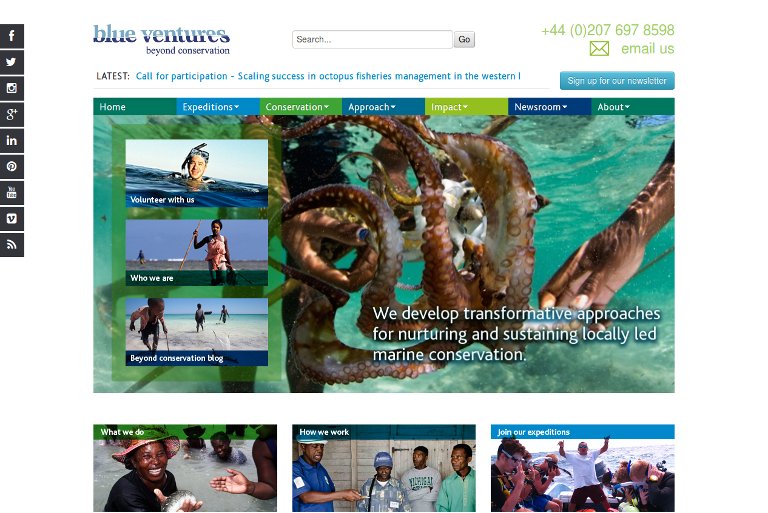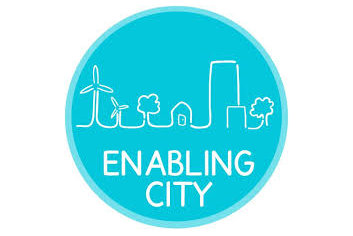In today’s global economy, communities that previously had been subsistence-based are now subject to external market forces that are changing their societies and threatening their natural environments and ways of life. In many instances, these communities do not have the tools or information necessary to partake in the new economic landscape. For instance, marine stocks in southwest Madagascar are being depleted and fragile coral reef ecosystems are disappearing because of the stresses created by population increases and global climate change. This problem is further compounded by the fact that global commercial fishing industries have recently entered the region, targeting almost all exploitable marine resources, further threatening marine stocks, and pressuring local economies. Al Harris founded Blue Ventures (BV) to help change this particular way fishing communities interact with their natural environment, by providing information and incentives that drive them to act collectively in order to establish and manage MPAs that can restore and protect fragile marine environments. He knew that in order to create successful MPAs, he needed fishers to recognize that it was in their interests to respect these zones and protect the source of their livelihoods. This is the reason why Blue Ventures begins by facilitating communication and collaboration between subsistence communities in Madagascar with fragile marine ecosystems and citizen sector organizations, tourists, the public, scientists, and policy makers from outside these communities. Fishing communities receive new information and training about how to better manage their environment, in addition to the opportunities made available by the global economy. At the same time, leading international environmental conservation groups, scientists, environmental advocates, policymakers, student volunteers and others that work closely with Blue Ventures learn how to work effectively with and not around local communities, and thus ultimately how to design successful models in other regions where fragile marine ecosystems are in danger. It is clear that, without the proper information and training, local communities will go on over-fishing and destroying marine environments over the long-term. In this way, victims of their “success”, rather than enjoying the benefits of a robust global economy, fishing communities will suffer and eventually disappear without a way to collectively survive in the global marketplace.  Website: http://www.blueventures.org/
Website: http://www.blueventures.org/
Dying marine ecosystems
![]()
STAY IN TOUCH
SUBSCRIBE TO OUR NEWSLETTER
AND RECEIVE OUR LATEST STORIES
OLBIOS NETWORK FOR ACTION










